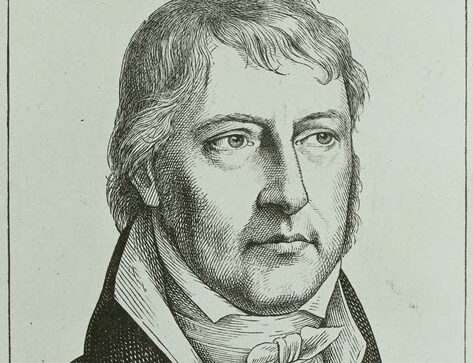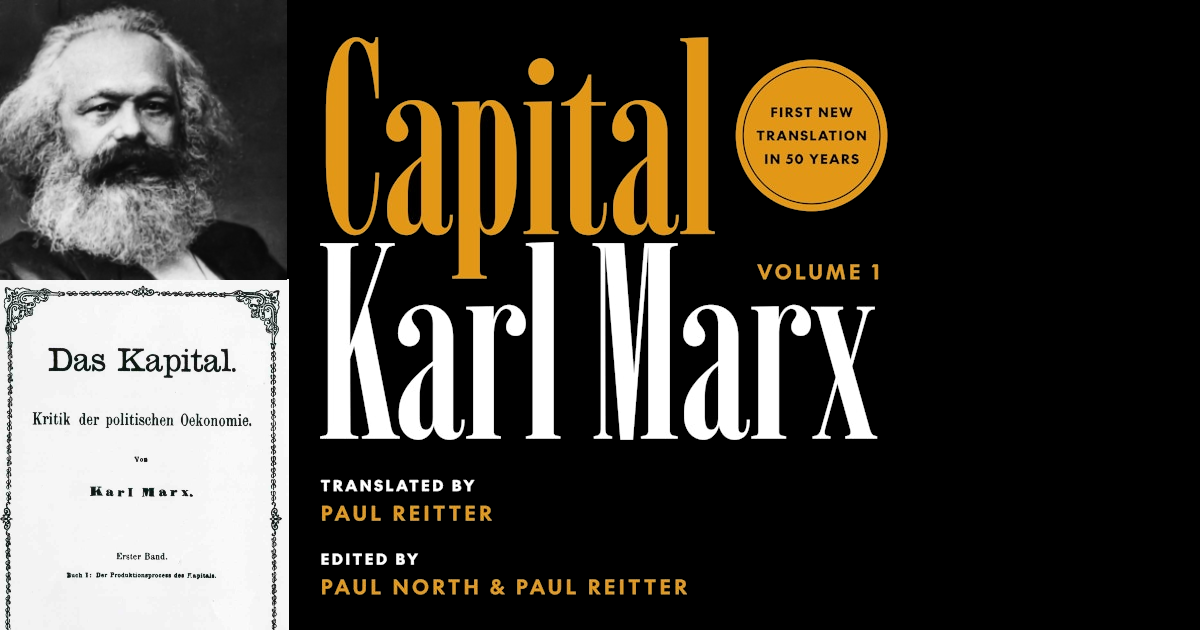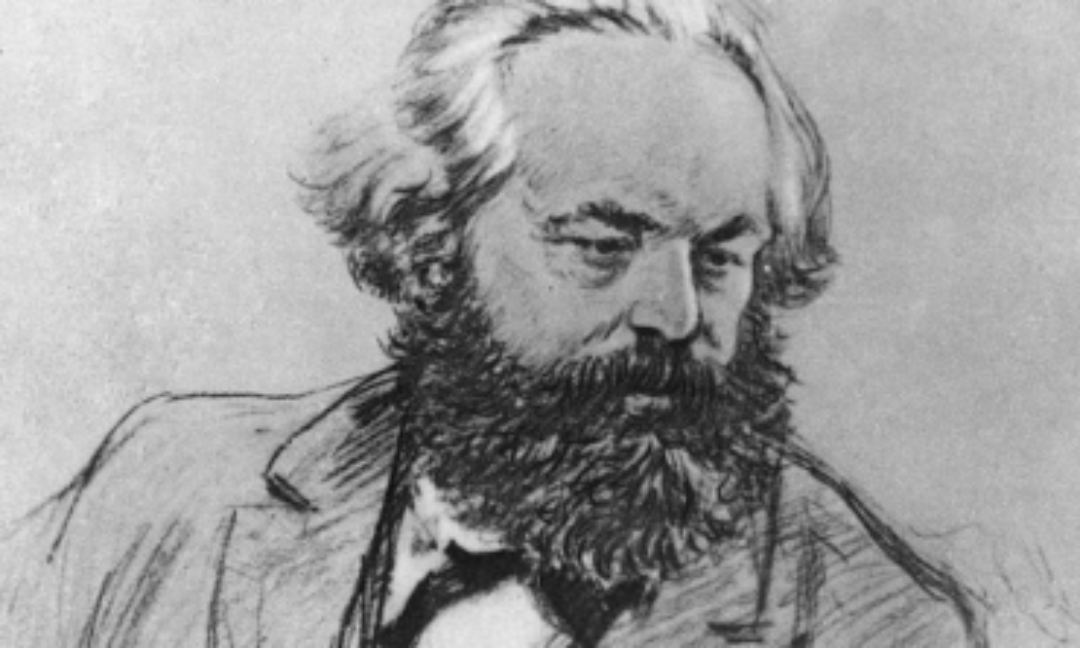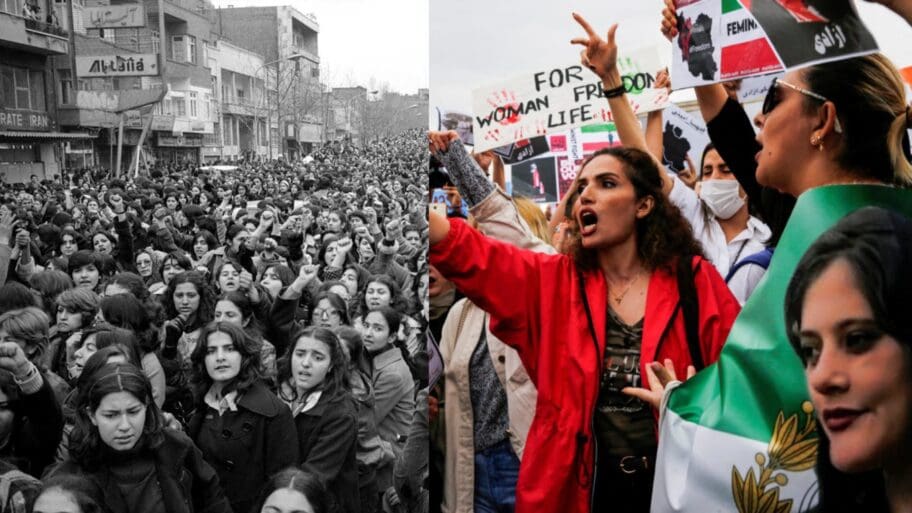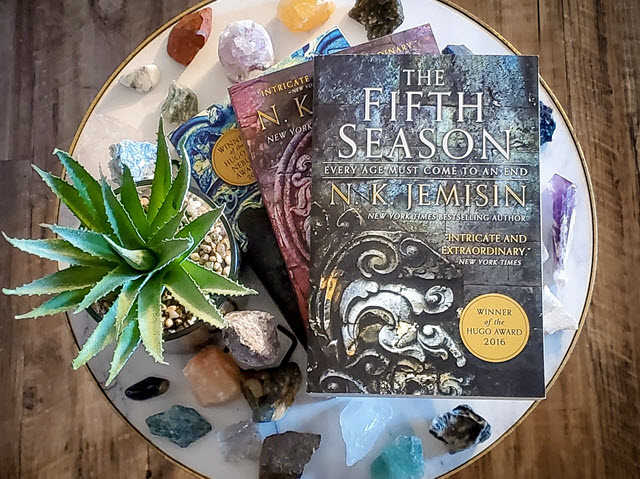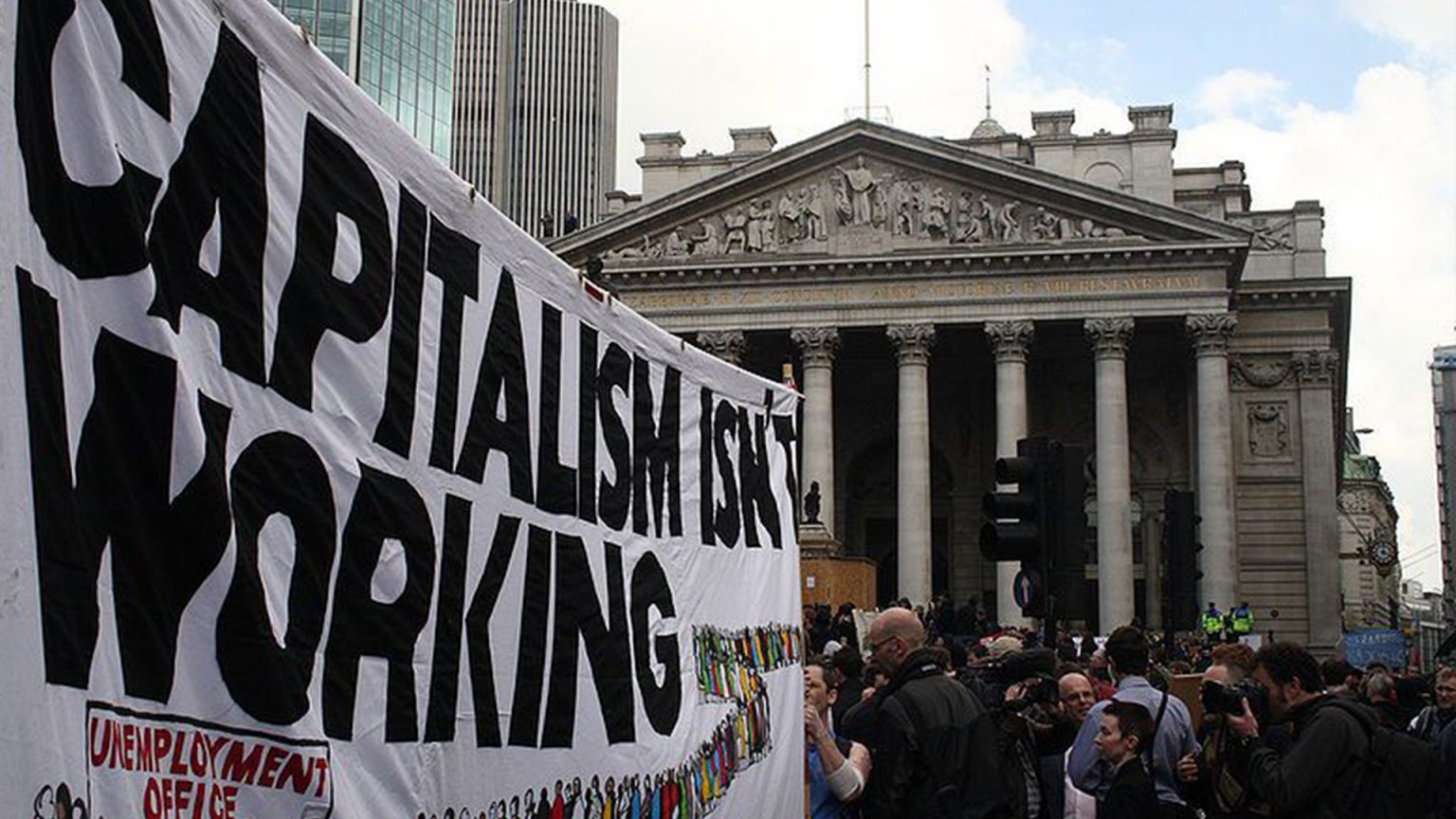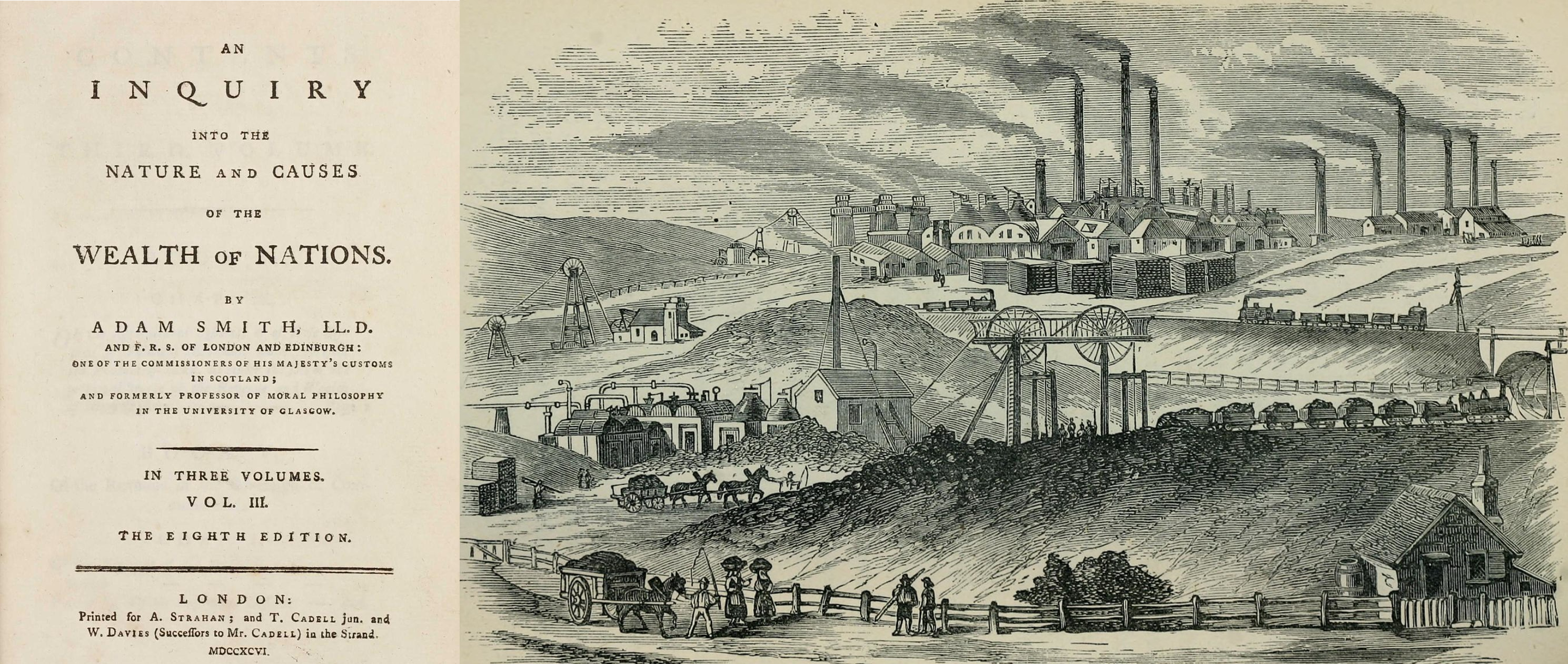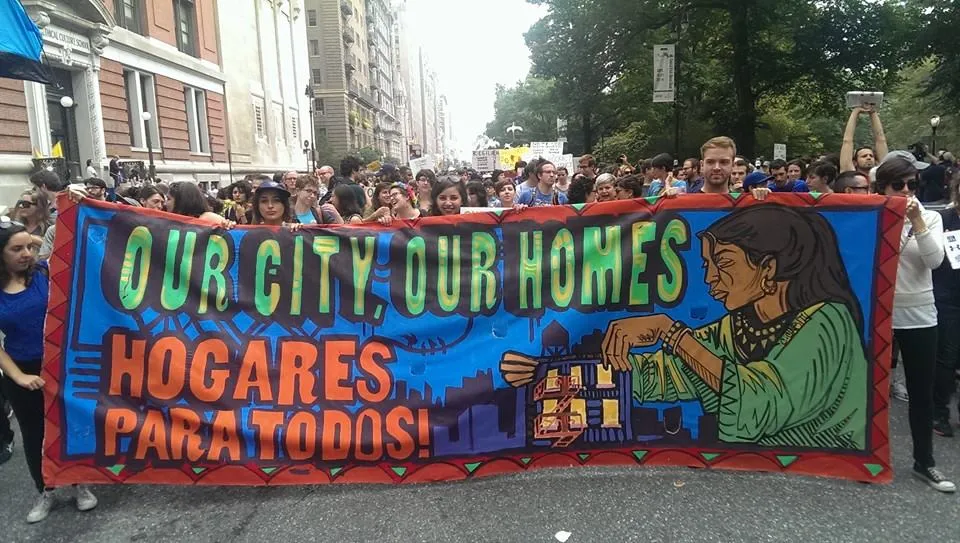Classes/Events
Hegel’s ‘Science of Logic’ – An Epilogue and a Prologue
Hegel for Radicals concludes the current series with a nine-week course co-hosted by Alex Steinberg and Matthew Strauss. We are reading the Introduction and Preliminary Concepts from Hegel’s Encyclopedia Logic, sometimes called “The Shorter Logic.” This material can stand alone as an Introduction to Hegel’s magnum opus, The Science of Logic. But for those who have already studied the Science of Logic with us this can serve as completion of the Circle of the dialectic.
Translating ‘Capital’ for the 21st Century
Recording available on YouTubeThe appearance of a new English-language edition of Marx's Capital, Volume I, translated and edited by Paul Reitter and Paul North, has been a momentous occasion. Join a conversation with Reitter, North, and noted Marx scholar Michael Heinrich on the challenges of translating Marx for 21st century readers, the weaknesses and strengths of earlier translations, and the ways the new edition can help us understand Marx's analyses of capital and value.
Marx Miniseries: The ‘Resultate’
Online: Zoom link will be provided to registered participantsThe MEP's Capital Studies Group presents a miniseries on the chapter Marx omitted from published editions of Capital. Titled "Results of the Immediate Process of Production" and often referred to by the German 'Resultate', this long chapter can be read as a bridge between volumes 1 and 2 of Capital.
Reading Gramsci for Today’s Movements
Online: Zoom link will be provided to registered participantsAn ongoing study group on the Prison Notebooks and other works of Antonio Gramsci. We explore Gramsci's themes and concepts, including state-civil society relations, historical bloc, hegemony, spontaneity, strategy and tactic, and language. We follow Gramsci’s philological method, addressing such areas as linguistics, cinema, critical theory, literature, journalism, comics, animation, plastic arts, mass media and Machiavellian political studies.
Reading Science Fiction Politically: NK Jemisin’s Broken Earth Series
Online: Zoom link will be provided to registered participants"To build a better future, we have to envision it first." Reading science fiction, discussing it together, and reading it politically, offers one tool for "envisioning" a future worth building. This fall, we continue our explorations of diverse points of view of social conflict and resolution, possible and imagined just worlds, here on Earth and perhaps afar.
Reading Marx’s Capital, Volume III
Online: Zoom link will be provided to registered participantsA weekly study group covering Marx's Capital, Volume III, The Process of Capitalist Production as a Whole. This work integrates and completes Marx's analysis, enabling us to understand and make sense of how the phenomena we see occurring on the surface of society are related to the underlying system of capitalism.
Reading Capital in an Age of Climate Change
Online: Zoom link will be provided to registered participantsMatt Huber highlights the relevance to the climate crisis of key concepts from Marx's 'Capital' such as value, the hidden abode of production, surplus-value, the accumulation of capital, primitive accumulation, and the expropriation of the expropriators.
Celebrating 75 Years of Palestinian Literature – Final Series
Three weekly sessions on Thursdays at 7 pm US ET, Starting January 9 The MEP’s months-long reading of Palestinian literature concludes in January with a reading of the recently issued ... Read more
Adam Smith and ‘The Wealth of Nations’
Online: Zoom link will be provided to registered participantsAdam Smith deals with such issues as the so-called labor-theory of value, the equalization of the rate of profit, and the determination of commodity prices in important ways that anticipate Marx or require the corrections Marx provides. So, in this group, we will dive headlong into Smith's opus, The Wealth of Nations.
Henri Lefebvre’s Critique of Everyday Life
Online: Zoom link will be provided to registered participantsAn open-ended reading group on Henri Lefebvre’s Critique of Everyday Life - a major manifesto of humanist Marxism and a clarion call for revolutionary praxis through sustained critique of daily living. “Lefebvre pushed philosophy out into the streets,” the critic McKenzie Wark has written; his work has influenced fields as diverse as sociology, cultural studies, architecture and urban planning, as well as movements including the Situationist International and the activists of May 1968.
Literature of Burundi – A poorly reported conflict
Thursdays in February, Starting February 6, at 7:00 pm US ET In February, the Literature Reading Group will leave countries with extensive literature translated into English for Burundi, an East ... Read more

